Though they are often in the backdrop of a production, the Hawaii Opera Theatre Chorus is at the forefront of what makes HOT’s productions world-class. Time and time again, visiting artists are impressed with the dedication, the diversity, and the deep bonds that make up the local, volunteer-based chorus. In this month’s and last month’s #HOTSpeaks, we share their stories.
Oaklea Rowe joined the HOT Chorus and Mae Z. Orvis Opera Studio earlier this year. Her first opera as a chorister with HOT was last season’s production of Offenbach’s The Tales of Hoffmann. But before the production, she was no stranger to opera. For nearly a decade, Oaklea lived in New York and sang opera professionally – even touring to companies in South America and Italy. But before moving to Hawaii, she stopped singing for a few years.
“I had stopped singing, because I just got burnt out or something. Then I heard about the studio,” Oaklea, 39, said. “I didn’t know much about it, but I felt like it was something I wanted to be involved in.”
Since then, Oaklea said she’s made a couple of really good friends in the chorus and studio. Along with music, she also loves fashion. When she’s not singing, she’s working at a boutique in Honolulu. Bizet’s Carmen will be Oaklea’s next production with HOT, and she said she’s excited for it.
“It’s about making music together and making the production the best it can be,” she said.
David Del Rocco still vividly remembers his first opera with the HOT Chorus, although it was 12 years ago. He had always been a singer, but he never imagined he’d be singing in an opera chorus. It wasn’t until a couple of David’s friends from his church choir auditioned for the chorus that he considered trying out himself.
“I thought, ‘Well, if they can do it, I can do it!’” He said. “I realized that, you know, regular people can do this, too. You have to be a good singer, but, you don’t have to be a full-on opera singer to be in the chorus.”
Since then, David has been a part of many operas, from Puccini’s Turandot to Bizet’s The Pearl Fishers. The upcoming production of Bizet’s Carmen will be his second time performing in the opera as a chorister. The opera has brought David several opportunities and friends, he said, but he has also brought something new and special to the opera. Outside of the chorus, David teaches Hawaiian Studies and dances hula. A few years ago, he decided to teach the opera singers in that production’s principle roles to dance hula after the show, alongside other choristers who play Hawaiian music. Now it’s a tradition.
“The vast majority of the principles who come over from elsewhere are so down to earth and so willing to party and learn new stuff,” David said. “And the chorus is great for that.”
Larry Whitson wanted to be in the chorus as soon as he knew it existed. But he never believed he could really do it. Classical music had been his passion since childhood, and singing in an opera was a dream of his long before he joined the chorus 12 years ago.
“When I read that the chorus was a volunteer chorus and I could do it, I just knew right away that I wanted to do it,” Larry said. “The first time I didn’t get in. But the next time I did. The biggest excitement for me was the first time I stood on that stage in the Blaisdell and looked out over that grand, empty concert hall and realized I was going to be able to perform there.”
Larry has also been a part of several HOT productions in the chorus, including Camille Saint-Saëns’ Samson and Delilah and, most recently, the 2017 production of Offenbach’s The Tales of Hoffmann. The next time he will perform onstage with HOT will be for this season’s February production of Donizetti’s The Daughter of the Regiment and Tchaikovsky’s Eugene Onegin in April.
“Each year – not even just the first time – every time I get up on that stage, it’s just a magnificent thing,” he said.
Diane Koshi doesn’t entirely share Larry’s enthusiasm for opera, but she does have a love for music and music education. Diane worked with the Hawaii Youth Opera Chorus for 20 years and taught music with a number of other organizations before retiring. Now she directs the music department at St. Timothy’s Episcopal Church.
“I sing in the opera because I teach,” Diane said. “I think my students need to see that their director is involved and can do what she’s asking them to do. I’ve never fallen for opera, but I appreciate it as an art form because it encompasses all the arts.”
Despite not having fallen for opera, Diane has been in the HOT chorus for almost 25 years. Her upcoming performance with the choir in Bizet’s Carmen will be her fourth time singing the opera’s music. A few of the HOT productions that she especially enjoyed being a part of were Mozart’s The Marriage of Figaro and Gilbert & Sullivan’s The Mikado. Even as a seasoned music educator, Diane said she still learns new things in the chorus.
“What I enjoy most about working in the opera is the opportunity to hear different musical ideas from the maestro,” she said. “It’s a different philosophy. They share different techniques than what we usually hear.”
Surprisingly, another chorister has been part of the chorus even longer than Diane. Bonnie Chock Burke joined the HOT Chorus in 1992. And she has been a volunteer with HOT even longer – since the late 1970s. She’s worked in the box office, she’s been assistant stage director, she’s worked with costumes, she’s picked artists up from the airport, and more. And she doesn’t even currently live on Oahu. Bonnie has flown in from the Big Island for each of the many productions she’s been a part of.
“Some people think I’m crazy. They’ll say, ‘Why do you do it?’” Bonnie said. “And I say, ‘Every time there’s a rehearsal and an opera, there I am with my $500 seat.’ I can see the singers spitting. It’s worth it. Being backstage, you get to hear these professionals sing and practice. It’s just incredible to me to have that opportunity for free.”
On the Big Island, Bonnie enjoys hiking and bird-watching. But she’ll soon be moving back to Oahu, and she said she plans to be in all three of this year’s choral productions with HOT.
“All the people who come to perform for HOT say it’s incredible to see all these volunteers in such huge numbers,” Bonnie said. “I’m so proud. I know without all the volunteers we would never have opera in Hawaii.”

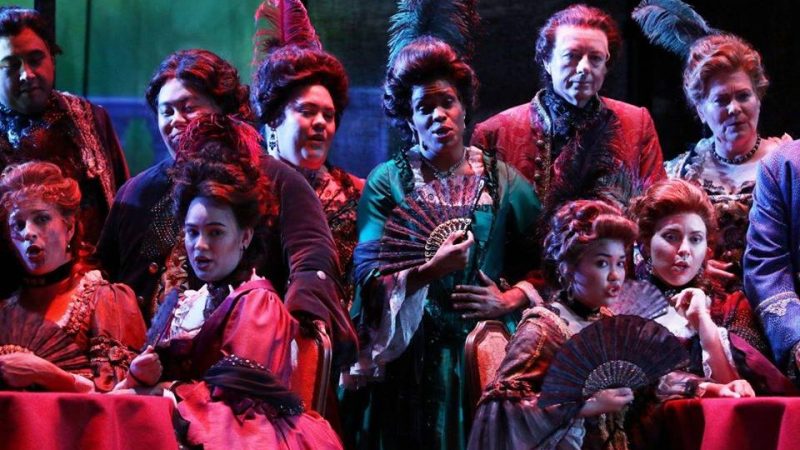
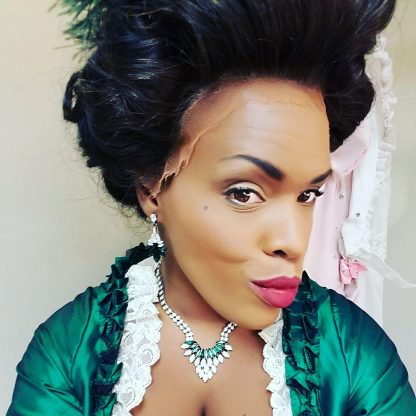
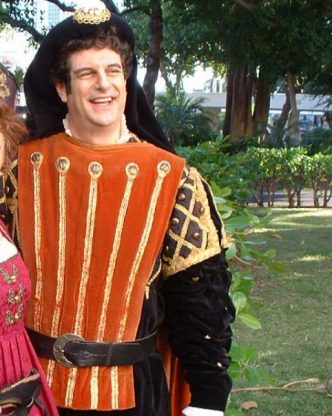
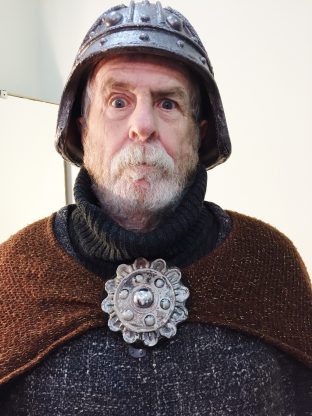
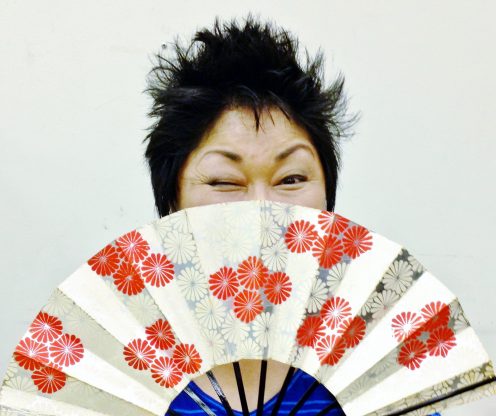
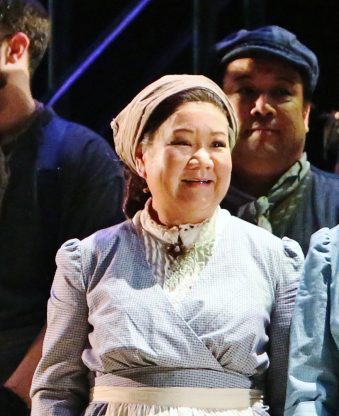
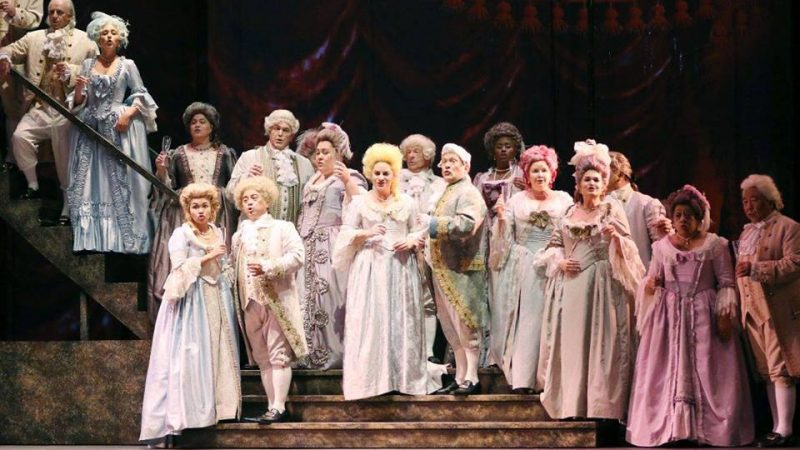



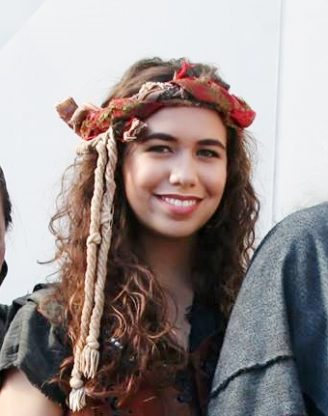
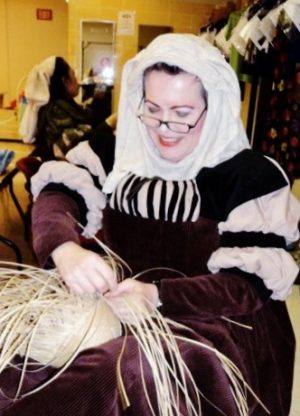
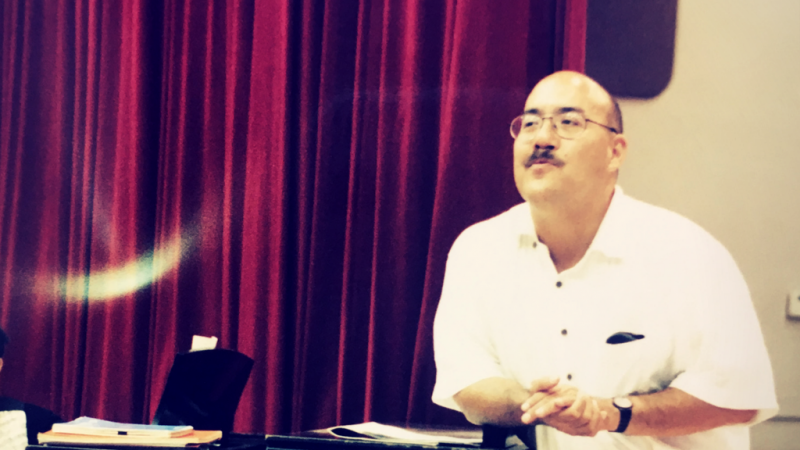
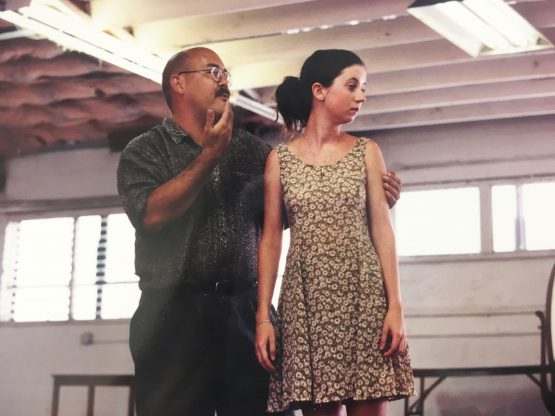
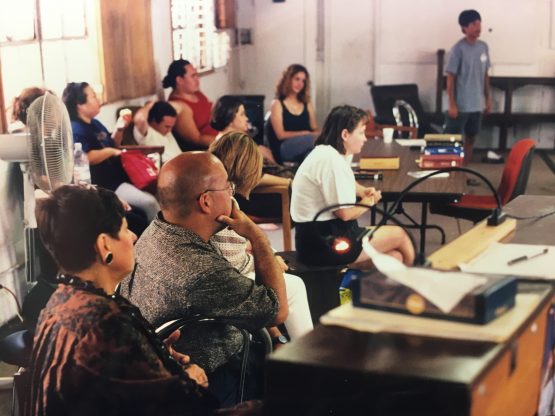
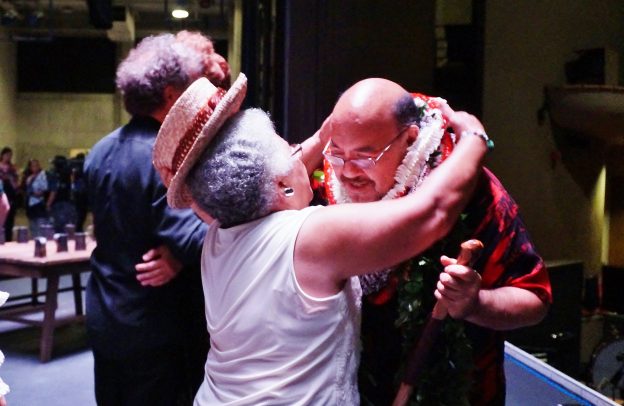
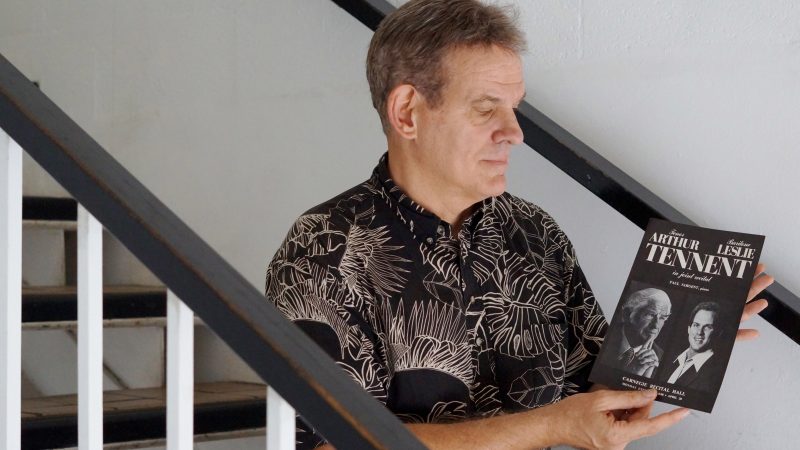
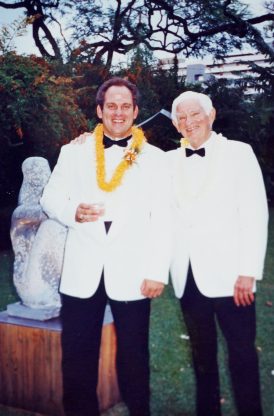 “We had a great time singing together,” Buz said. “We blended well together, and our voices were somewhat similar, albeit mine a little deeper.”
“We had a great time singing together,” Buz said. “We blended well together, and our voices were somewhat similar, albeit mine a little deeper.”